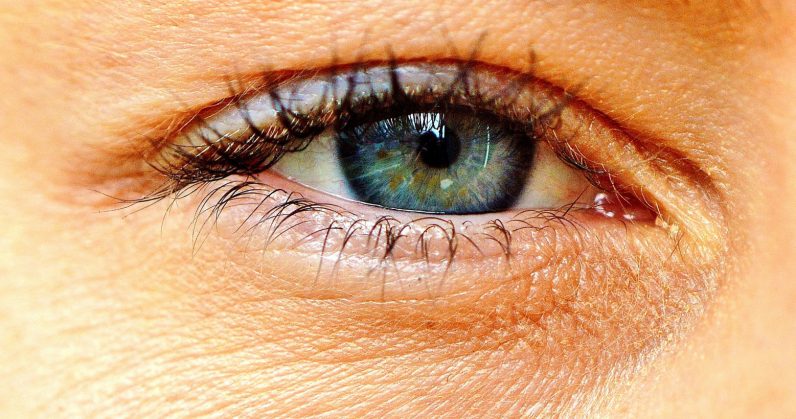The research scientists at Google collaborated with its health-tech subordinate to explore a brilliantly new method to detect the condition of a senior’s heart by using machine learning. The Google’s software can effectively analyze eye scans of seniors and then use the data to create carefully designed results which include the accurate age, blood pressure levels, and whether a person is a smoker or not. In this way, the doctors can use this data to prevent seniors from a potential heart attack or other related problems.
This amazing Google algorithm can make it extremely easy for doctors to evaluate a senior’s cardiovascular health so they don’t have to wait for the blood test report. However, this Google algorithm method has to be tested intensively before doctors and hospitals can use it for everyday purposes. A professional medical researcher from the University of Adelaide applauds how Artificial Intelligence (AI) can be an exceptional help to making the current diagnostic tools better, effective, and amazing.
How Can You Predict Heart Diseases?
Google scientists utilize machine learning to detect the medical dataset of more than 300,000 seniors to evaluate their medical history and check whether they are prone to any type of disease or not. For intense learning and related analysis, neural networks are taken into consideration to dig out the information to detect patterns leading to cardiovascular diseases or check blood pressure or age. It may be odd for some people to contemplate how scientists can judge the age, blood pressure, or prevent cardiovascular diseases by just scanning the eyes. The blood vessels are hiding all the information about your physical health by analyzing the change in appearance to determine the blood pressure or heart-related issues.
By analyzing two people and their eye scans who have a history of cardiovascular diseases or suffered cardiac arrest, Google’s algorithm was able to detect most of the information about their heart health. It evaluated when the patient starts developing symptoms of cardiovascular diseases and how it affected his or her overall health. AI has the strength of scanning the retina and warns about severe cardiovascular risk, however, the algorithm has to be extensively tested before the doctors can completely rely on it.
An Amazing Demonstration
One of the leading causes of death among seniors is cardiovascular disease. It can be wonderful to know a simple eye scan can be the diagnostic tool in warning about potential heart diseases. A recent study suggests the eye retina can unveil a lot of information about the medical history to predict whether the person is at risk of heart-related problems or not. Research scientists can also track all the necessary factors the Google algorithm relied on and how the core focus was on blood vessels to extract information.
When it comes to machine learning, information about medical history might not be easily detected by scanning the blood vessels inside the eyes. However, it may help researchers quickly understand the abundance of data exposed in several retina images. By using machine learning, scientists can take necessary pictures to go a step further in detecting the overall body health.
Google’s Algorithm was successfully able to detect 70% accurate information which is not enough to predict heart diseases among seniors. According to the representatives at Google, predicting heart diseases using AI can be more than just detecting blood pressure or age. It can change the paradigm for new scientific discoveries while using AI because many algorithms are created to evaluate current medical data. For this particular reason, Google has devised Project Baseline for the sole purpose of collecting medical information of seniors who might be on the verge of heart-related diseases.


